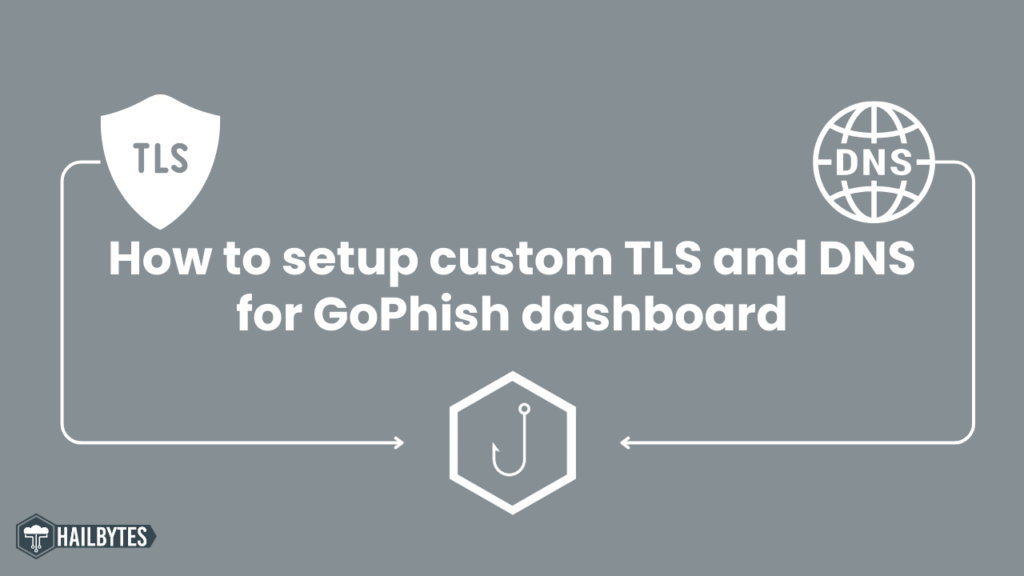Fast. Secure. Easy.
Deploy Production-Ready Cloud Security
Whether you need Gophish for phishing simulations, Shadowsocks for encrypted internet access, or Hailbytes VPN for network protection, we have the tools to empower your business.

Hailbytes on AWS
Our AWS instances provide production-ready deployments on-demand. You can try them out for free by visiting us on AWS marketplace.
Who Uses Our Software?




























































Our software is easy to use, dependable and comes fully supported by Hailbytes.
Get The Latest Cyber News
(You can unsubscribe at any time)
Cybersecurity News

How to Set Up a Custom Domain Name and TLS Certificate for Gophish on AWS
How to Set Up a Custom Domain Name and TLS Certificate for Gophish on AWS Setting up a custom domain name and a TLS certificate

LockBit Leader Identity Revealed – Legitimate or Troll?
LockBit Leader Identity Revealed – Legitimate or Troll? Widely recognised as one of the most prolific ransomware groups in the world, Lockbit first surfaced in

How to Remove Metadata from a File
How to Remove Metadata from a File Introduction Metadata, often described as “data about data,” is information that provides details about a particular file. It

Bypassing Internet Censorship with TOR
Bypassing Internet Censorship with TOR Introduction In a world where access to information is increasingly regulated, tools like the Tor network have become crucial for





